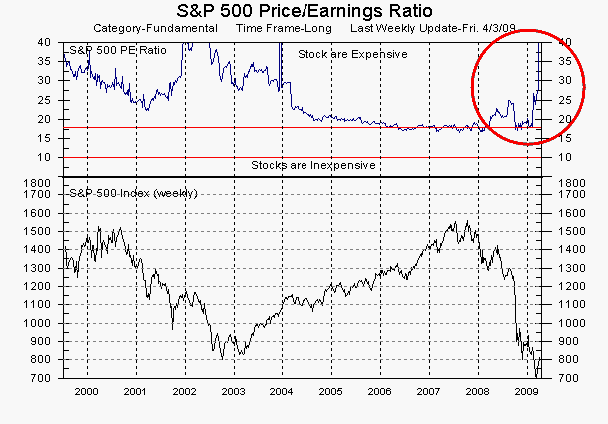Are we making progress?
I am a firm believer in Generational Dynamics, even over all the other pattern theories out there. However I am a little (okay,a lot) more dispassionate about it than John and I tend to give it a wide berth in how I expect these dynamics to play out; perhaps
because I haven't done the in-depth research that John has, which I think may bias his outlook given the very bloody results of the past two crisis eras.
What I am seeing is that many of the voices that only a few years or even months ago were telling us what we needed to hear are now being listened to. No, not to the extent that they deserve but more than yesterday. Today's newsletter by John Mauldin, which features an article by John P. Hussman, brought this to my attention.
In that article John Hussman wrote,
The only way that stocks could be considered extremely undervalued here is if we assume that the record profit margins of 2007 (based on record corporate leverage) are the norm, and will be quickly recovered. While we never rule out the potential for surprising strength or weakness in the markets or the economy, the assumption that profit margins will permanently recover to 2007 levels is equivalent to assuming that the past 18 months simply did not happen.
This, even after the market has fallen by some 50%. More and more, people are listening and the perma-bulls are slowly beginning to fade away. With each bear market rally and subsequent decline we see just a little bit less patience with the "Fools of Wall Street", as I like to call them. You know, the ones who are always calling for a bull market.
Very smart people who are well respected have been warning about the issues we are now facing for a long time. Some are not so well known or even well respected but the chorus is growing ever louder and I know it will be loud enough the day I hear financial media outlets and bloggers begin to admit that earnings have collapsed and are not coming back anytime soon and that the P/E ratio of the S&P 500 really is well over 50 and will stay there for at least a half a year and that the market must decline to more reasonable levels before it is to recover.
But for right now, the Wall Street Journal and Bloomberg TV continue to report the P/E ratio of the S&P 500 at around 12 and the fools of Wall Street repeat the lie. But take a look:
http://www2.standardandpoors.com/spf/xl ... EPSEST.XLS
Any day now Q4 earnings will be 100% complete and the new P/E ratio will be 60. They may continue to lie but the truth cannot be kept from investors forever. Over the next 6 months the P/E ratio is expected to rise to over 200, and that is if earnings meet analysts expectations.
I believe the crash is behind us and now we simply destroy much more wealth. My prediction is for Dow 5,000 this year and likely much lower in 2010.
--Fred
